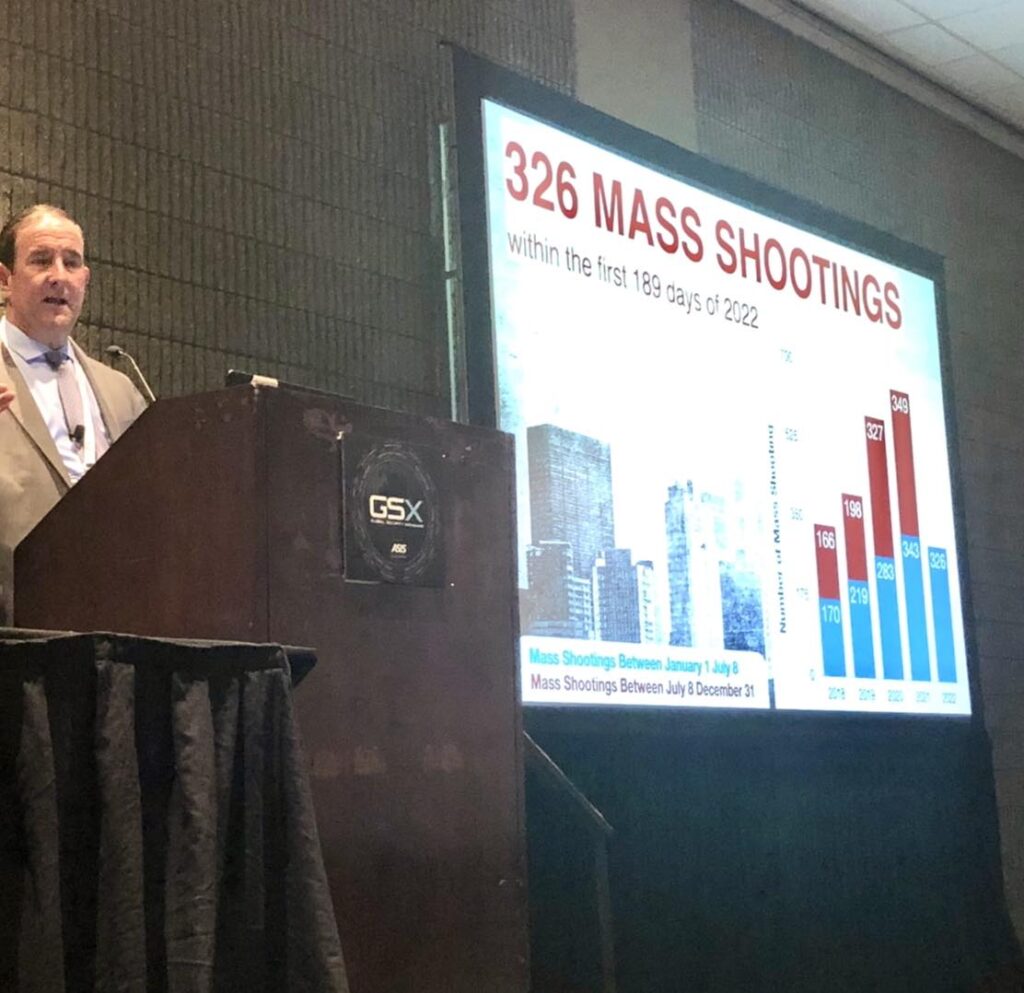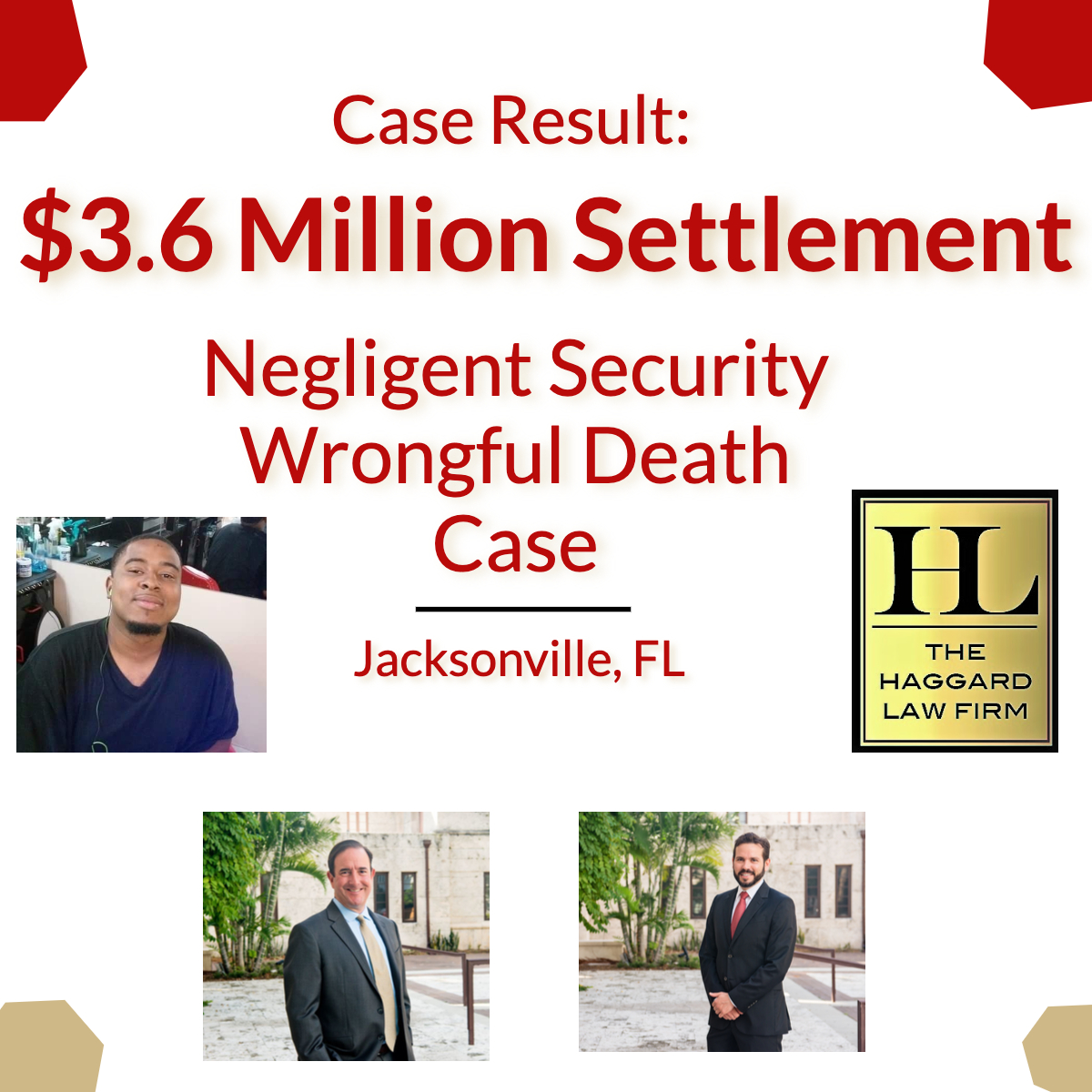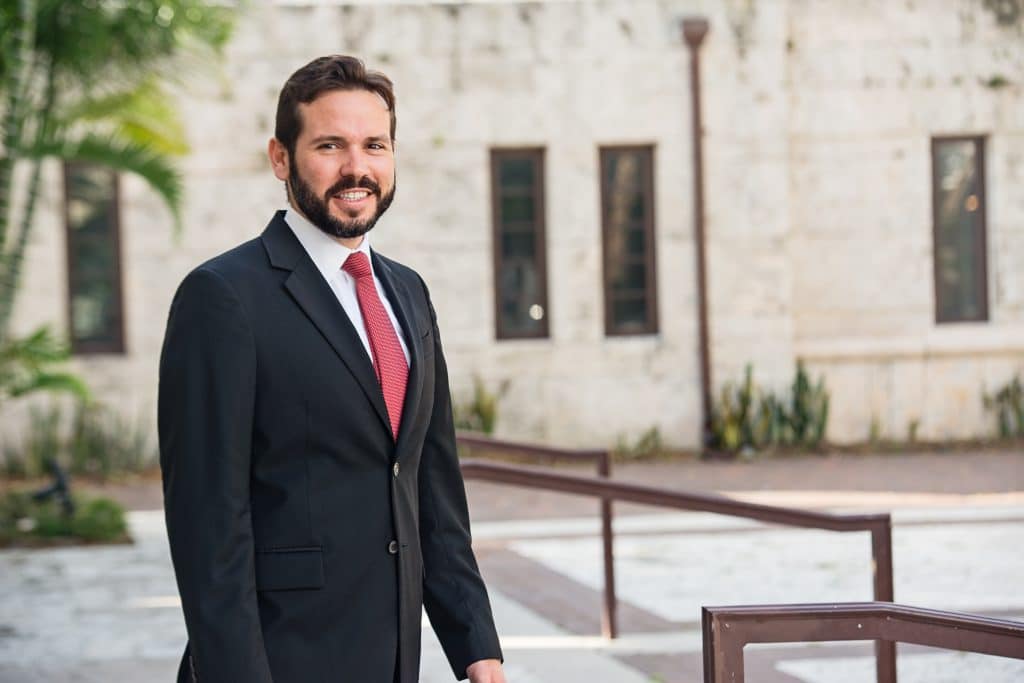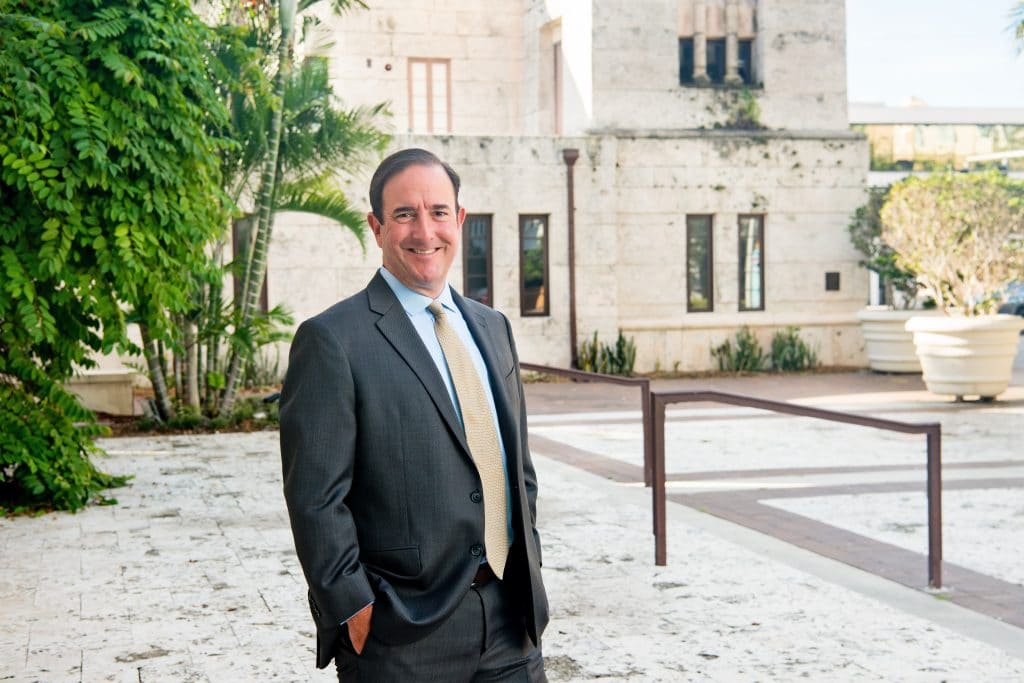On March 24, 2023, Governor DeSantis signed into law HB 837. Simply put, this new law is a broad sweeping attack on the civil justice system and victims’ rights. While proponents have touted the legislation as “tort reform,” the reality is that its intent is to put up roadblocks to Floridians seeking justice from those that have injured or killed them through acts of negligence. The law is targeted at all types of victims and cases, but the legislature attempted to target no group more than victims of crime.
Under Florida law, those that own and operate businesses and real property have a duty to maintain their premise in a reasonably safe condition. Florida courts have repeatedly recognized that this duty includes the duty to implement reasonable security measures to protect invitees from reasonably foreseeable crime. Accordingly, the more dangerous a property is, the more security it should have. When that duty is breached and someone is harmed during the commission of a criminal act, they can hold the negligent business or property owner responsible for the damages they suffer in a “negligent security” action.

an international conference of security professionals
This new legislation appears to attempt to attack crime victims’ substantive rights in two ways. However, because the legislation is poorly worded and somewhat ambiguous (clearly a product of it being hastily drafted and rushed through the legislative process to avoid serious debate) the ultimate ramifications remain unknown.
What is known is that the primary impetus behind the bill was to make it more difficult for crime victims to obtain compensation through the civil justice system for the damages they suffer. If the proponents have their way, the ultimate implications for not just crime victims, but for our community would be enormous. The legislation could limit crime victims’ ability to seek justice for what they have suffered. The legislation also could make our communities less safe as there will be little incentive for business and property owners, especially multifamily residential complexes, to implement much-needed security. We will not let either happen.
The first of the two purported changes relates to how a jury can decide negligent security cases and who civil defendants in a negligent security case can blame for the injury causing criminal attack. It has long been the law in Florida that when a crime victim sues a business or property owner in this type of case, the jury cannot apportion fault to the intentional tortfeasor (i.e., the criminal) when reaching their verdict. In 1998, the Florida Supreme Court, in Merrill Crossings Assoc. v. McDonald, 705 So.2d 560 (Fla. 1998), held the same and based its opinion on both statutory construction and public policy. With respect to the public policy, the Court recognized that it would be “irrational” to allow a party who negligently fails to provide security measures to reduce its liability by blaming the criminal that committed the attack because the crime itself was what the civil defendant had a duty to protect against. (This is not a novel concept — in dram shop cases the defendant bar owner who overserves a habitual alcoholic cannot reduce their liability by blaming the habitual alcoholic when he/she harms someone who in turn sues the bar).

By passing HB 237, Florida Statutes, Section 768.0701 was enacted. This new law states that in negligent security cases the jury must consider the fault of “all persons who contributed to the injury.” Although it doesn’t expressly state it, this now appears to permit the civil defendant to reduce the amount of fault a jury places on them by pointing the finger at the criminal instead. The ultimate implications of such apportionment are very questionable (a debate which is beyond the extent of this article), but ultimately this could potentially reduce the ultimate judgment against the negligent business or property owner and reduce the crime victim’s ability to hold them accountable for their negligence. At a minimum, it could serve to confuse the jury when considering the primary issue before them, which is whether a civil defendant breached its duty to implement reasonable security measures and whether those failures caused or contributed to the criminal attack.
The new bill does not stop there. The second change relates to the instructions the jury will receive from the Court in certain negligent security cases. The law now creates a presumption against liability for apartment complexes in negligent security cases if they take just a few very basic measures. These measures include maintaining lighted walkways, a surveillance camera at the entrance/exit of the premises, deadbolt locks, locking windows, peepholes, and fences around pools (which isn’t even a security measure, but rather long-standing code requirement to prevent child drownings). If an apartment complex implements just some of these measures, the jury will be given an instruction that the complex is presumed to not be negligent in a negligent security case.
From both a security and a general policy perspective, the legislation makes little sense. As drafted, apartment complexes will get the presumption no matter how many incidents of crime occur at their premises. And, there are no provisions in the statute requiring that apartment complexes implement additional security measures (e.g., access control, manned security, additional cameras, etc.) if crime continues to occur on the property to maintain the presumption.

One very real example demonstrates the potential absurdity of this new legislation. A few years ago we represented parents of Dwight Higgins who was shot and killed in an attempted armed robbery while visiting a friend at the Lauderhill Point apartment complex in Lauderhill, Florida. The apartment complex had been the location of countless prior incidents of both violent and non-violent crime, including three separate shootings in the three short months leading up to our clients’ son’s murder. In addition to the repeated crime occurring at the complex, the assailants who shot and killed our clients’ innocent son did not live at the complex, but were known to management because they were always at the property and always causing problems there. Despite the substantial crime risk that existed and despite the known problems with the assailants, the complex did absolutely nothing to attempt to address those risks. It had no manned security, its access control gates were broken, it only had a few working surveillance cameras throughout the complex, and it did nothing to try and stop the assailants from terrorizing those that lived and visited the apartment complex.
While we were able to get justice for Dwight’s parents, their rights and ability to recover would be significantly diminished should the proponents of this new legislation have their way. Under this new law, that apartment complex may get to argue to the jury that they should not be held accountable for their own security failures because it was the assailants (again, who were known to the complex) who actually shot our clients’ son, and therefore the assailants should receive all of the blame. Further, because all of the apartment units presumably had deadbolts, peepholes, and some lights the apartment complex could get a presumption against liability even though it was clear that their security measures were woefully inadequate.
Our firm has specialized in representing victims of crime for a long time. We have pursued justice for countless crime victims injured or killed in preventable criminal attacks. It is a cause that we, and others like us, have championed and will continue to fight for no matter what roadblocks the insurance industry and big business tries to put in front of us. We will do it both for the crime victims and also for our communities to keep them safe. Unfortunately, as everyone well knows, it is only with the threat of a civil lawsuit that business and property owners will spend the money to implement the requisite security to keep people safe.
It is disheartening to see our elected officials prioritize the profits of insurance companies and negligent businesses over the rights of crime victims and the safety of our communities. Notwithstanding their best efforts to eliminate these cases, claims, and causes, we will fight more now for our clients than ever before. There will be challenges to this legislation and also serious arguments made about its ultimate implications for civil defendants (it may not be what the proponents had anticipated). But, regardless of the ultimate outcome of those challenges and arguments, we will continue to obtain justice for our deserving clients and hold these bad actors responsible for all the damages and suffering their negligence causes. We have no doubt that we will convince juries that the responsible parties in civil cases are those that create the conditions and environments for these crimes to occur and that juries will ultimately place minimal or no fault on the criminal themselves. We also have no doubt that we will overcome the presumption against liability. We will demonstrate to juries, as we have done for decades, that apartment complexes that do nothing to protect residents and guests in the face of significant crime risk are in fact liable for the injuries and death resulting from their security failures. Those that prioritize profits over people will continue to be held accountable for their actions.














